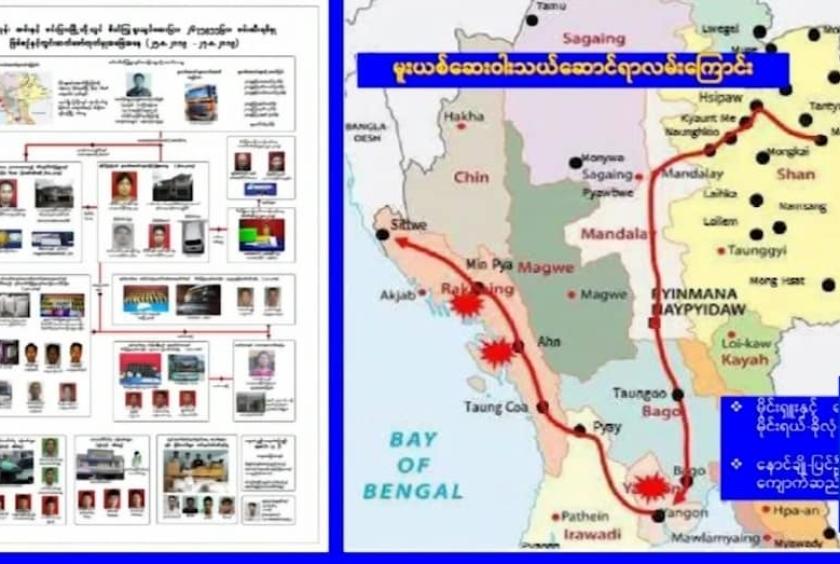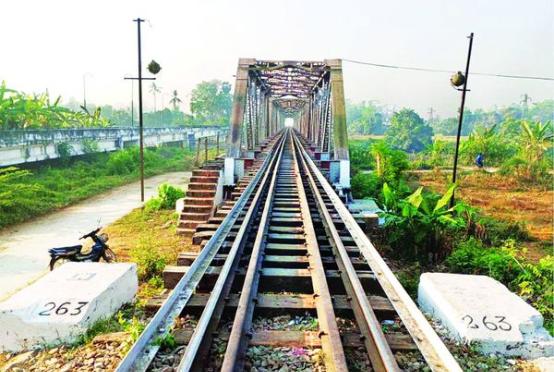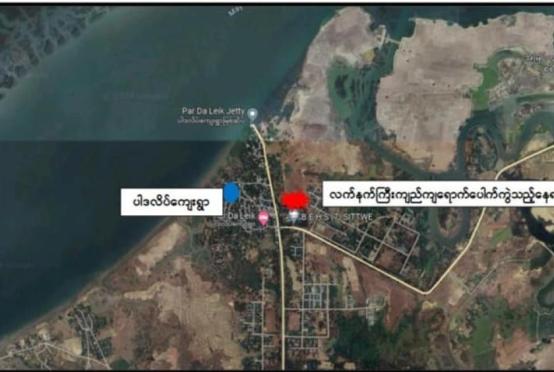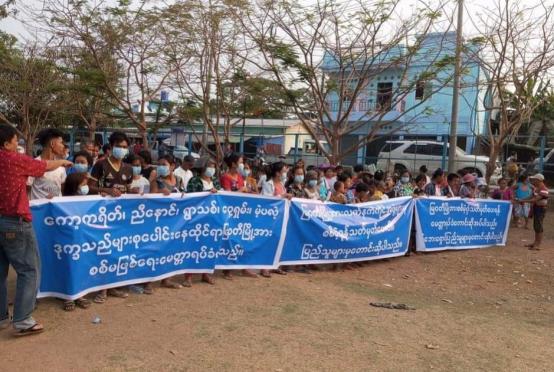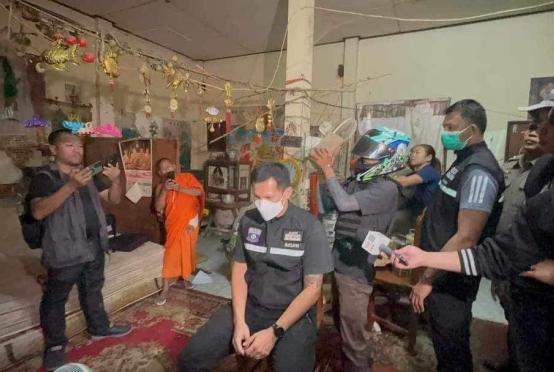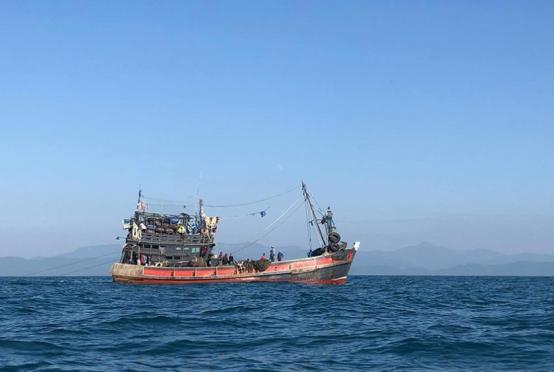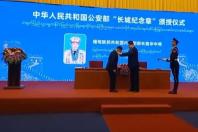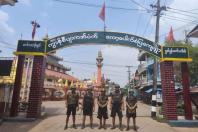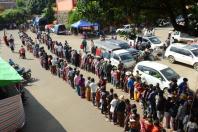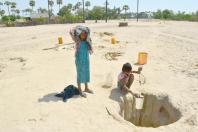Members of Arakan Army (AA) were arrested and identified eight times in the group carrying narcotics drugs across the mainland, said Lieutenant General Yar Pyae, Chair of the Central Committee on Drug Abuse Control and Union Minister for Home Affairs at the meeting of the Central Committee for the Prevention of Narcotics and Psychotropic Substances (1/2024) held at Araindamar Hall in Myanmar Police Headquarters in Nay Pyi Taw on March 14.
The Union Minister said the final report compiled and distributed by Kofi Annan's Advisory Commission on Rakhine State in 2017 found that the AA, which is an ethnic armed group, was also involved in drug trafficking. In addition, it was discovered that AA members were involved in a group carrying narcotics drugs across the mainland about eight times. The AA group's drug trafficking was only announced in the local news, and it must be made known to the international community.
While Myanmar is accelerating its anti-narcotics operations, some ethnic armed organizations and PDF groups in Myanmar have been found to be related to drug production and trafficking by taking advantage of the current political instability. It was found that they are using money obtained from drug trafficking to buy weapons and ammunition and they are doing actions that affect the national security by buying and supplying equipment, he said.
The drug problem is a problem that threatens the entire human race around the world. Drug production and transportation is related to transnational crimes such as money laundering, arms smuggling and terrorism, and it is affecting the national security, peace and order of law. It was found that poppy was cultivated in places where transportation is difficult, places far away from administration, underdeveloped areas, places with unstable security and areas with less access to people and dense forests. After independence, since the invasion of Myanmar by the Kuomintang, opium production in Shan State has increased. Then, since the Communist Party of Burma, armed insurgent organizations that have emerged since then have expanded opium production for their long-term survival, and Shan State was a notorious place with the largest production of opium in the world, he said.
In addition, insurgent groups in Myanmar are working to destabilize the country, and they are taking advantage of the situation and doing drug production and transportation, which is their source of income. Since the chemicals and accessories used in the production of drugs cannot be produced in Myanmar, the insurgent groups are making connection by various means from other countries and brought into Myanmar. The national government is speeding up the development of the country from all sides, and taking the danger of drugs, which endangers the entire human race, as a national responsibility, he said.
Similarly, Myanmar is facing a problem with other countries in which synthetic drugs are producing, transporting and trading that threatens national security. In the past, opium cultivation and heroin production was a major problem, but now synthetic drug production, transporting and trading have expanded and new synthetic drugs such as Happy Water are producing every day, according to seizures. In order to effectively implement the anti-narcotics activities, 39 special operations were conducted from 2013 to 2023, and in 2024, the Special Operation 39/24 (2024) will continue to be implemented nationwide, he said.
The chemical control sector, which is mainly used in the production of narcotics and mind-altering drugs, is also very important, so inspections must be carried out to ensure that chemicals do not go astray. It is necessary to carry out awareness activities continuously in order to make businessmen in chemical industry aware of the rules and policies, terms and conditions and penalties for taking action. In order to solve the drug problem facing the world today, it cannot be done alone, and international cooperation also plays a very important role. Myanmar is carrying out the anti-narcotics activities by cooperating with neighboring countries, ASEAN member countries, member countries in the Mekong region, BIMSTEC member states and international drug control organizations, including the United Nations. In addition, it will increase the cooperation with international organizations based in Yangon such as UNODC, AFP, IDEA, NNCC and ONCB, he said.
Next, Vice Chairs of the Central Committee on Drug Abuse Control Lieutenant General Tun Tun Naung and U Sit Aye presented further work implementations. The joint secretary reviewed and presented reports on current preventive measures, further work implementations and the attendees provided necessary suggestions in conducting drug abuse controlling tasks.
The meeting was attended by the Vice Chair of the Central Committee on Drug Abuse Control, Union Minister for Border Affairs Lieutenant General Tun Tun Naung and Chair of the Anti-Corruption Commission U Sit Aye, Joint Secretary, Commander of Anti-narcotics Unit Police Brig-Gen Win Naing, members of the Central Committee on Drug Abuse Control, chairpersons and secretaries of working groups, senior police officers of the Myanmar Police Force and 50 representatives from related ministries in person and 45 Chairmen, Vice Chairmen, secretaries and joint secretaries of the Region and State Central Committee on Drug Abuse Control attended the meeting through video conference system.

